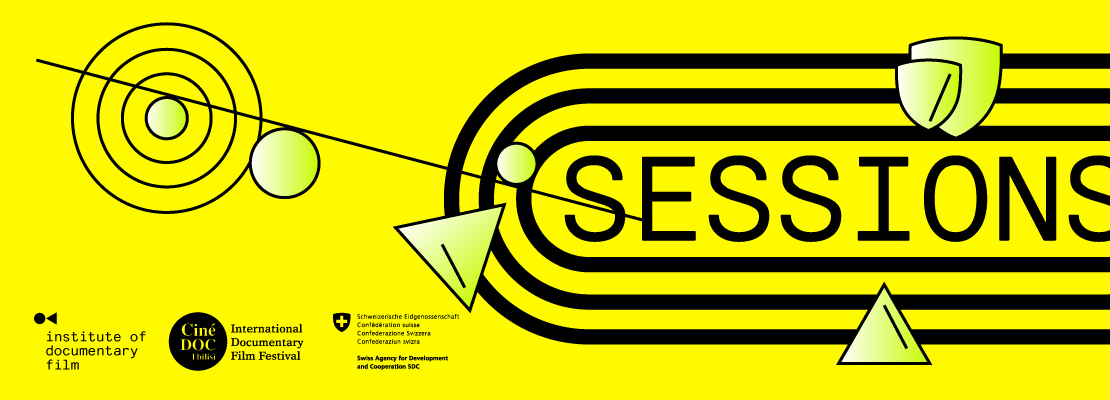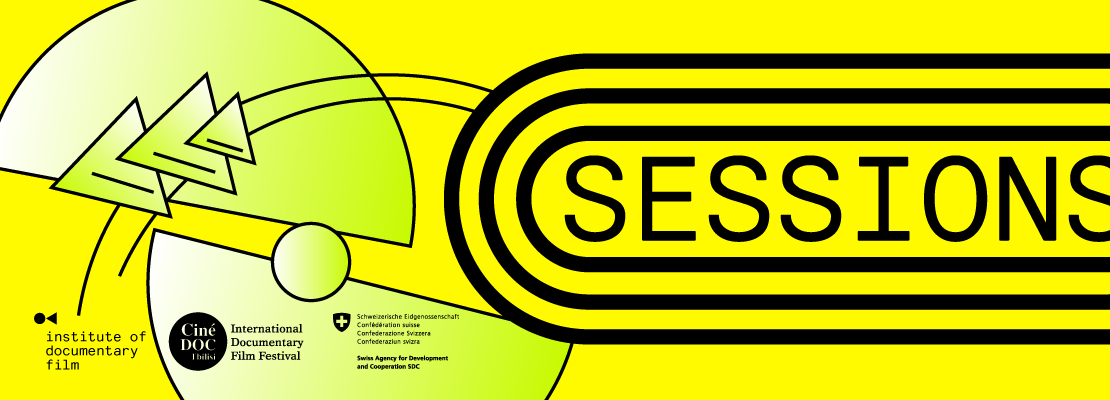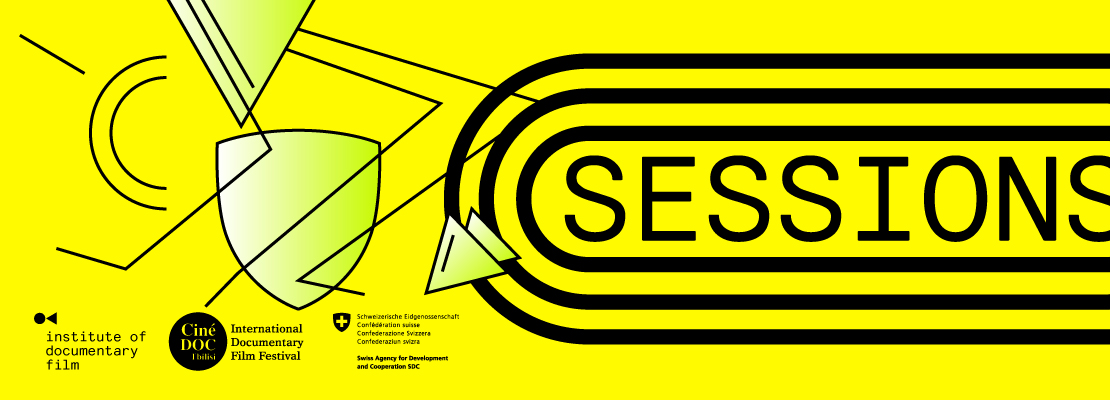


Sarajevo Film Festival/ 2
It was presentation day for the four stories at the TSM, True Stories Market. It took place at the Atrium of Hotel Europe; four people, two women, two men on stage and a full house of interested people, among them film producers and directors, who might be interested to make the stories into films or tv programmes.
Moderator was film director and journalist Croatian Robert Zuber, who had a fine way of connecting the four stories and asked the right questions at the right moment.
First in line was Enes Hodzic, journalist from BIRN (Balkan Investigative Reporting Network). Working title for the story “Forbidden Monument” referring to the fact that the local authorities do not want a memorial to be raised in the city of Prijedor, where 102 children were killed during the war in the beginning of the 90’es. Hodzic showed a very emotional interview clip with Ešef Dzananovic, who survived three concentration camps to know afterwards that two sons, 4- and 9-year-old, his sister, 17, his wife and his mother had all been killed. 30 years later he is still searching for their remains – the neighbours witnessed what happened, he says, but do not want to tell anything… Unbearable!
Also from BIRN was Aida Trepanic, whose story also is from Prijedor in the North East of Bosnia, in Bijeljina where notorious Akran and his Serbian Volunteer Guard killed, among others the husband of the woman, who witnessed the murders taking place – also caught by the camera of the photographer Ron Haviv. The woman does not want to be seen, she is afraid of the consequences her children could meet visiting the street, that now bears the name Street of Serbian Voluntary Guard!!! With a manipulated voice she is telling her story. Amazing and touching.
Serbian Jovana Blanusa from a company called Next Game in Belgrade told the fascinating story about Marino Zurli, a journalist, filmmaker, writer, who after the Second WW committed his working life to bring families together, who had been split because of the war. He conveyed his discoveries through the paper Arena with photos and texts, but he also made films from his discoveries – as the company of Jovana did, one was shown as part of the presentation. “The Hero from Arena” is the working title of a film to be about “a discreet hero of great deeds”.
Finally filmmaker Mladen Ivanovic from Montenegro, studying at the Zagreb film academy, showed a 7 minutes long clip from a film he has almost finished but wants to extend to a feature or eventually use as a pilot for a series about pits in former Yugoslavia. Pits which are difficult to recognize as nature has done “its job”, covering the killing fields, the concentration camps where – in this story – the Ustasha fascists came to pick up the people to bring them to a place to be executed. Ivanovic is definitely a talented filmmaker, the film he showed, from which the 7 minutes were taken could go to festivals when finished and from that he can make a longer film than this “Depths of Velebit”.
Tough stories, yes, but should be told as many have said after the presentation as the right-wing politicians in this region and elsewhere want to rewrite history and erase stories like these from the collective memory.


